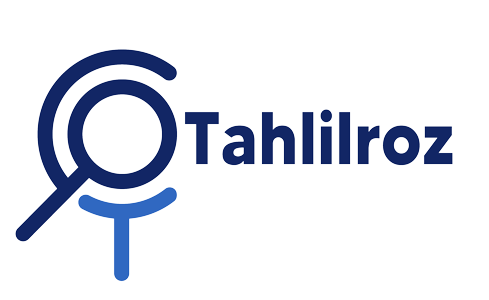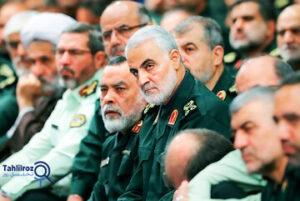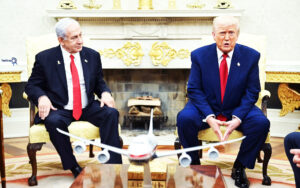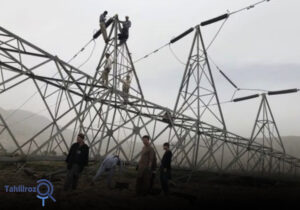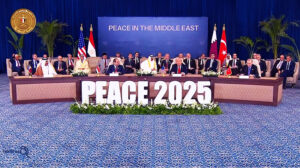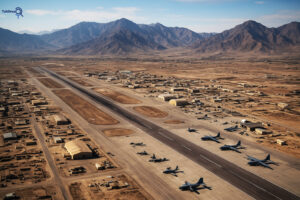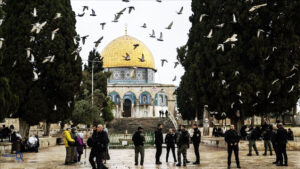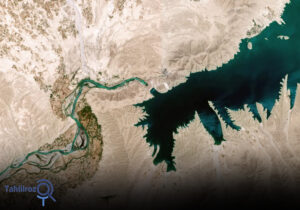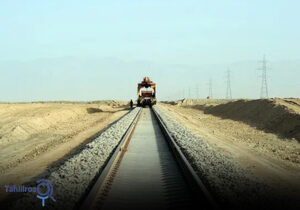Ayatollah Seyyed Ali Khamenei, the Supreme Leader of the Islamic Republic of Iran, stands as one of the most influential and controversial figures in contemporary global politics. Admired by many within the Islamic world for his ideological steadfastness and regional leadership, he is simultaneously regarded by Western powers as a strategic threat. This article explores the reasons behind his widespread popularity in Muslim societies and examines the political strengths that make him a formidable leader in the eyes of Western governments.
-
Ayatollah Seyyed Ali Khamenei’s Popularity in the Islamic World
Symbol of Resistance and Anti-Imperialism
Khamenei is widely viewed as a symbol of defiance against Western, Israeli, and Saudi influence. His unwavering anti-imperialist rhetoric and support for movements resisting Western intervention have earned him admiration across various Muslim communities.
Promoter of Islamic Awakening
As a proponent of Islamic governance, Khamenei supports resistance movements across the Middle East, including Hezbollah, Hamas, and the Houthis. These alliances position Iran as a leader in the broader Islamic Awakening against perceived oppression and occupation.
Religious Legitimacy and Simplicity
Among the highest-ranking Shia clerics, Ayatollah Seyyed Ali Khamenei is revered for his piety, modest lifestyle, and deep commitment to Islamic principles, qualities that resonate with many devout Muslims.
Pan-Islamic Messaging
Khamenei’s public addresses and writings often emphasize unity among Muslims and critique Western cultural dominance. His open letters to Western youth invite critical engagement with Islam and highlight perceived Western hypocrisy.
Unifying Religious Decrees
He has issued significant fatwas, including one prohibiting the insult of Sunni revered figures. Such gestures aim to reduce sectarian tensions and promote Islamic unity.
-
Why Western Powers Consider Ayatollah Seyyed Ali Khamenei a Threat
Regional Influence and Proxy Networks
Khamenei is the architect of Iran’s regional strategy, supporting non-state actors and militias that oppose Western allies in the Middle East. This network of influence, known as the ‘Axis of Resistance,’ challenges U.S. and Israeli strategic dominance.
Nuclear Ambitions
Although he has issued a religious ban on nuclear weapons, Iran follows an ongoing peaceful nuclear activities. Western governments remain wary of the potential for weaponization under his leadership.
-
The Global Face of the Leader of the Islamic Revolution of Iran from American Think Tanks to Social Media
In recent years, international think tanks such as “American Enterprise” have introduced Ayatollah Seyyed Ali Khamenei, the Leader of the Islamic Revolution, as America’s greatest “super rival” who knows the roadmap well and enjoys deep public support. These analyses show that Ayatollah Khamenei is not only a domestic leader but also an important player in regional and global power equations.
In recent years, the Leader of the Islamic Revolution of Iran has become a symbol of resistance and courage against global powers. His popularity and influence have increased significantly not only among the Iranian people but also in the Islamic world and even among global audiences in the media and social media. This international figure, who was first raised by reputable American think tanks, is now known as a “hero” in cyberspace and among different societies.
From the perspective of international elites, the Carnegie Endowment for International Peace and the Forbes magazine have repeatedly ranked Ayatollah Khamenei among the world’s most powerful leaders. These rankings, which were first announced years ago, have now gradually been reflected and expanded among public opinion and social media users.
With his powerful leadership and long-term resistance, Ayatollah Khamenei has acquired a global and heroic image that has been recognized from American think tanks to social media. His popularity in the Islamic world and among global audiences is rapidly expanding due to his support for the axis of resistance and his military actions.

-
Khamenei’s Political Strengths as a Strategic Leader
Strategic Patience and Long-Term Vision
Ayatollah Seyyed Ali Khamenei is recognized for his calculated and patient leadership style. Rather than reacting impulsively, he often adopts a long-term perspective, allowing Iran to endure sanctions and political isolation while waiting for favorable geopolitical shifts.
Development of Regional Power
His role in building and maintaining alliances with powerful militias has expanded Iran’s influence far beyond its borders, altering the regional balance of power.
Resistance Economy and Self-Sufficiency
In response to sanctions, Ayatollah Seyyed Ali Khamenei has championed a ‘Resistance Economy’ that emphasizes domestic production, technological advancement, and economic partnerships with non-Western powers like China and Russia.
Resilience in the Face of Unrest
From the Green Movement in 2009 to the 2022 protests, Khamenei has weathered significant internal challenges. He has proven capable of adapting his tactics to maintain control, often blending religious authority with security crackdowns.
Counter-Narrative to Western Liberalism
Khamenei articulates an alternative worldview that criticizes Western materialism and moral decay. His rhetoric positions Iran as a civilizational challenger to the West’s ideological dominance.
Cyber and Media Capabilities
Iran’s investment in cyber warfare, surveillance, and media influence under his direction has made it a formidable player in information warfare and soft-power projection.
-
Conclusion
Ayatollah Seyyed Ali Khamenei’s dual image—venerated leader in parts of the Islamic world and existential threat in the eyes of the West—stems from his political skill, ideological clarity, and strategic influence. His ability to maintain regional power, resist Western pressures, and articulate a comprehensive ideological challenge makes him one of the most consequential leaders in the modern Middle East.
Mohsen Shahrafiee
